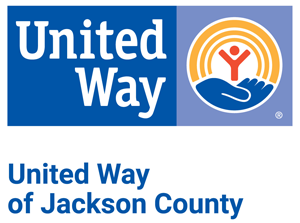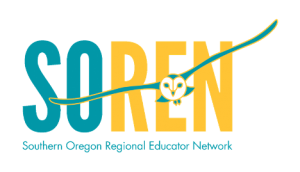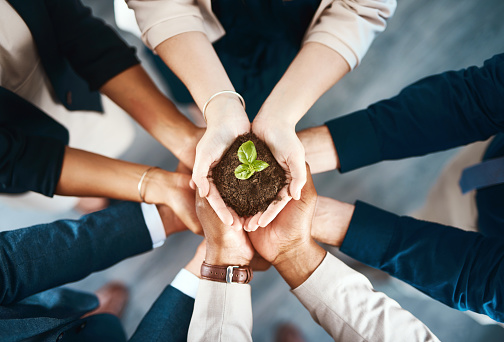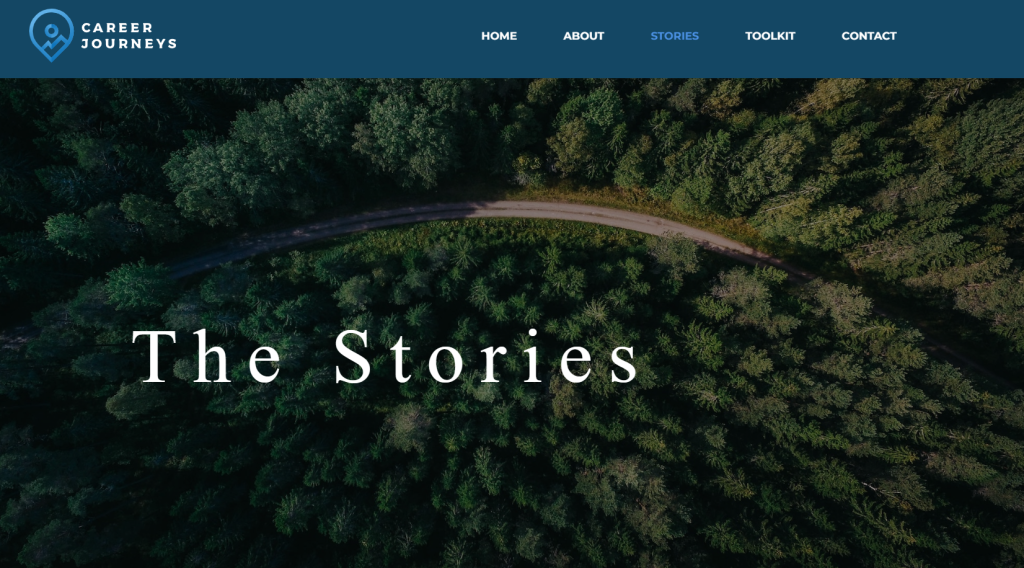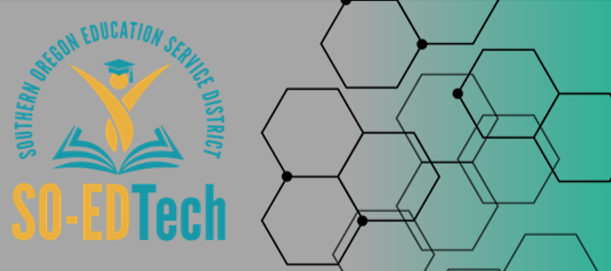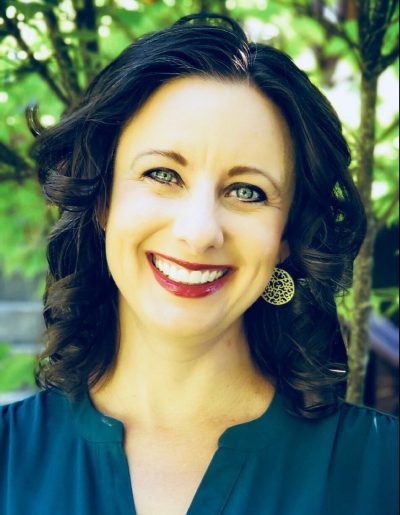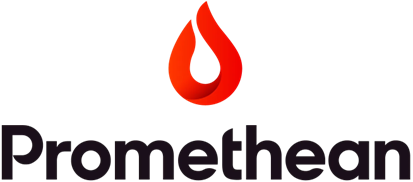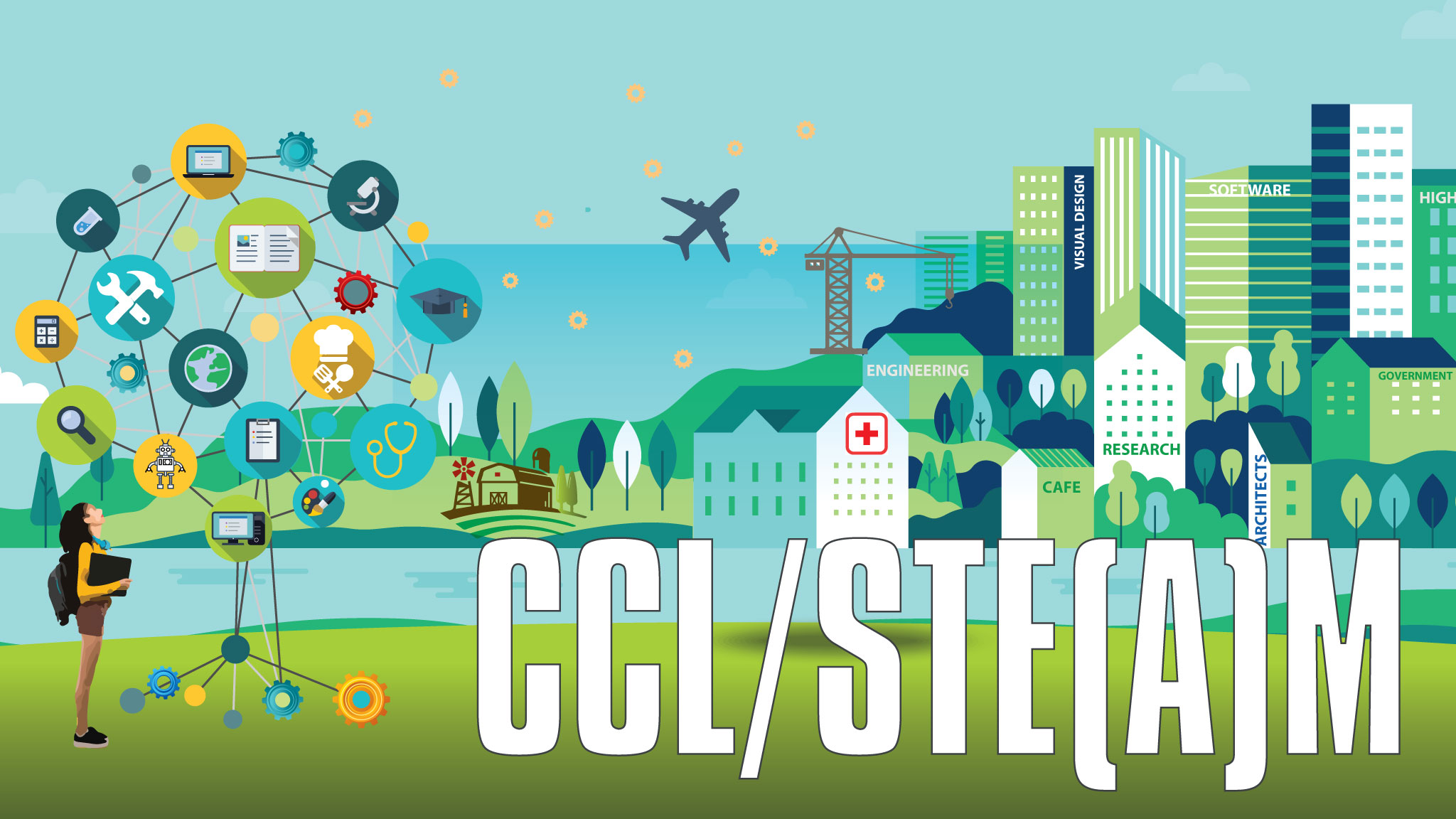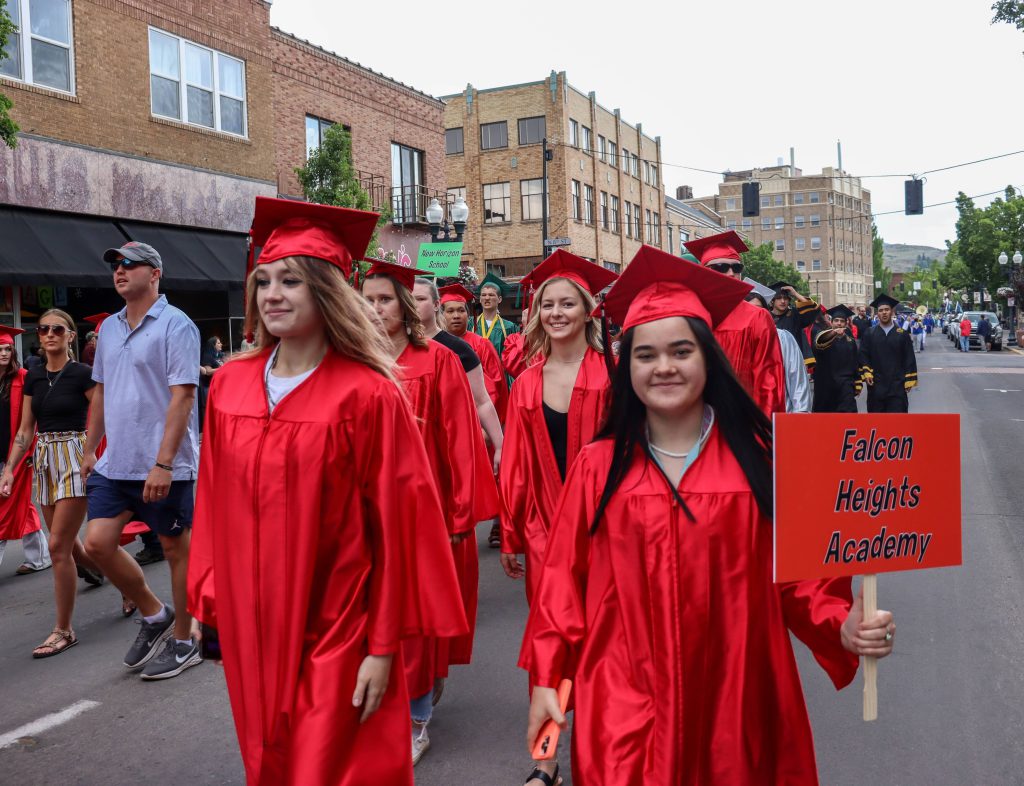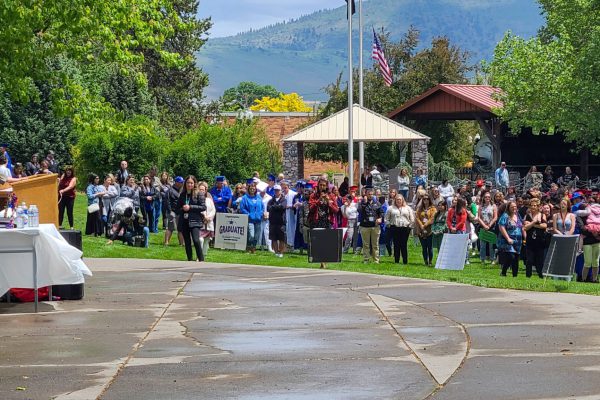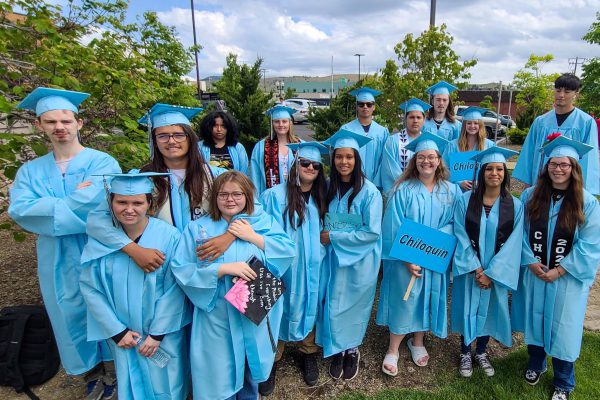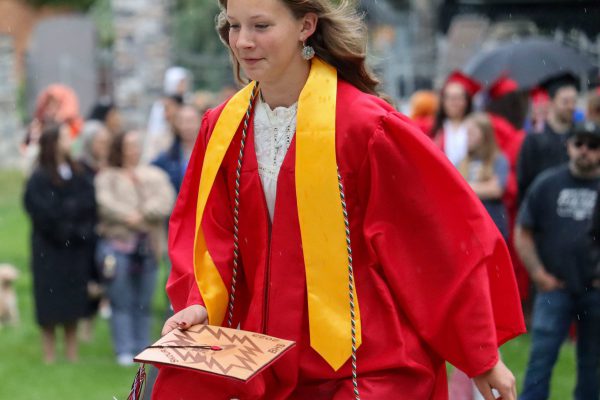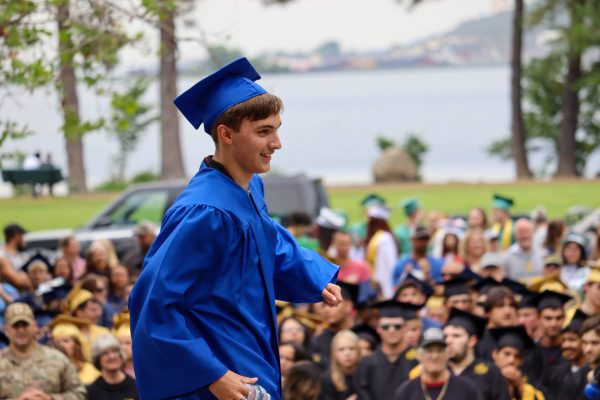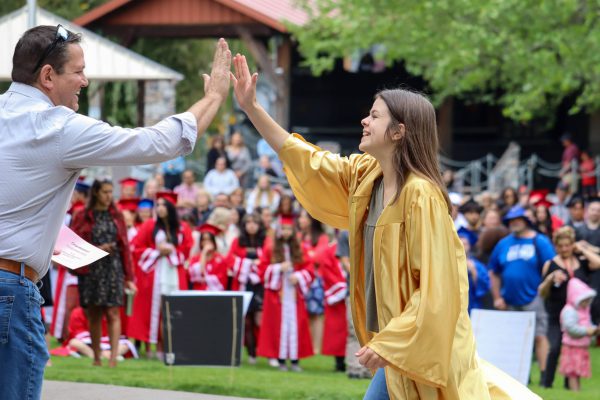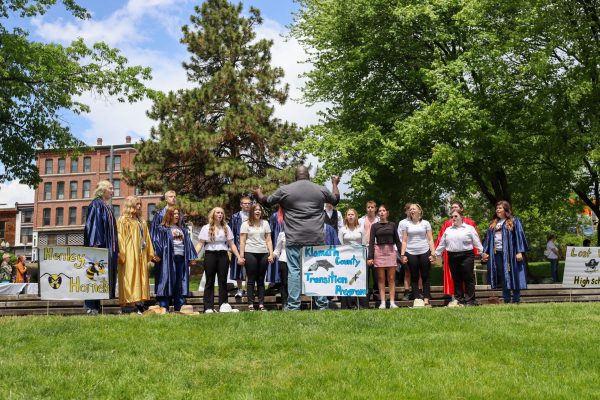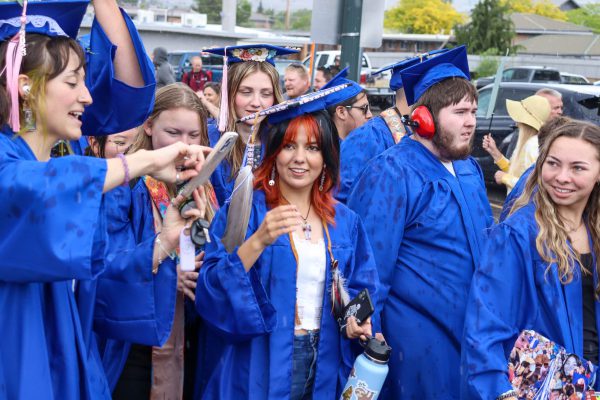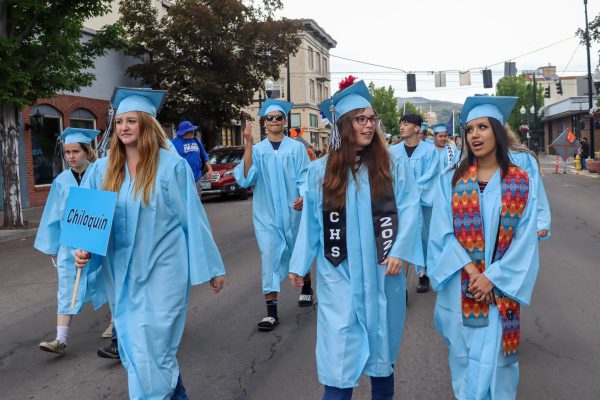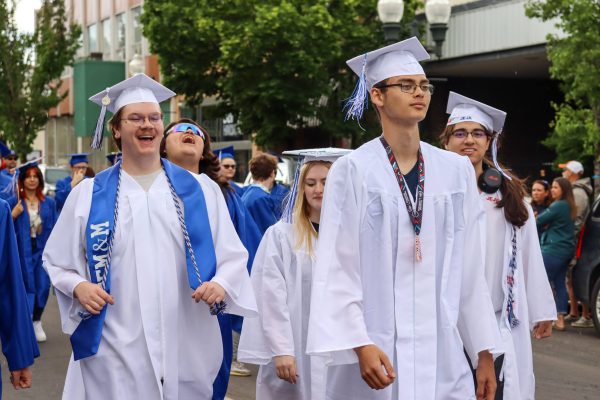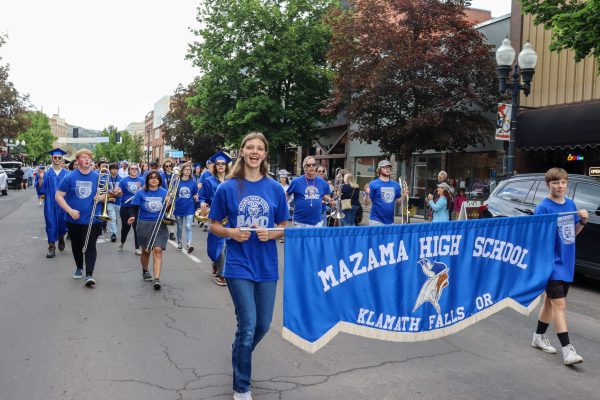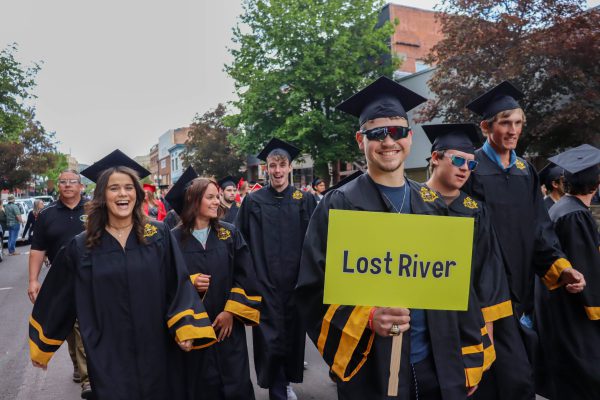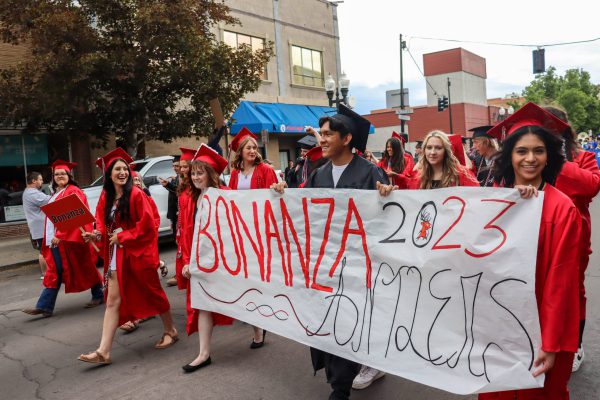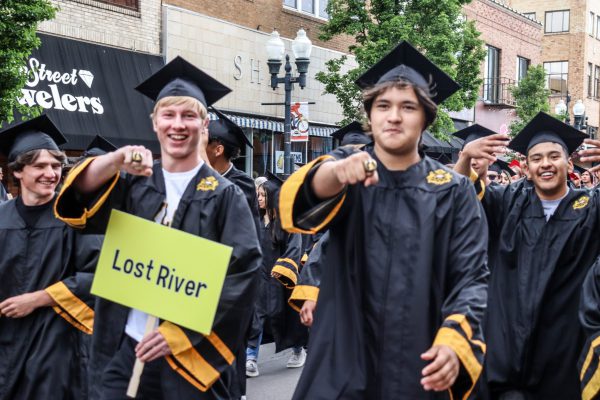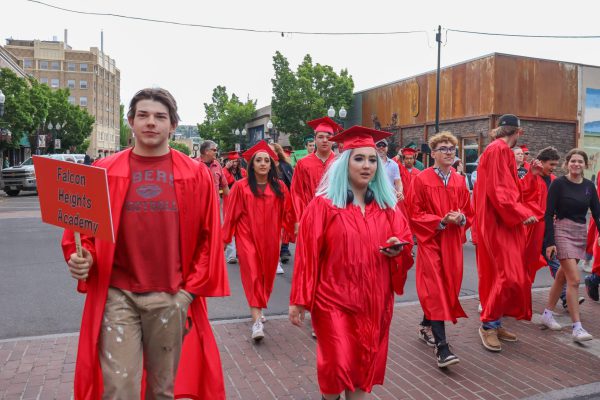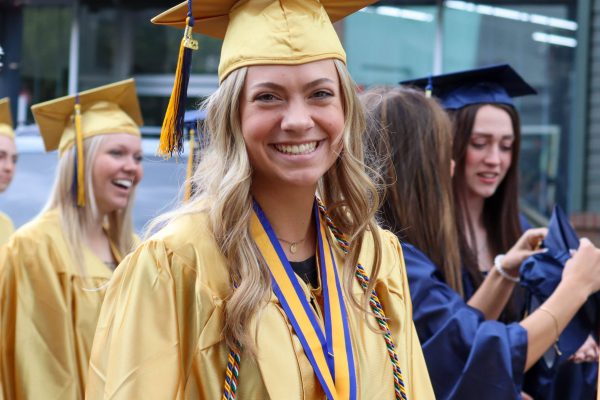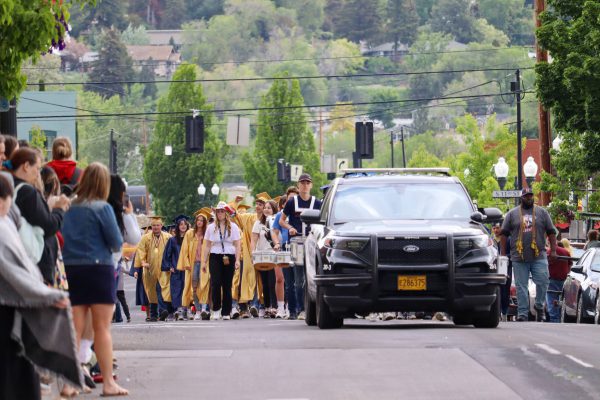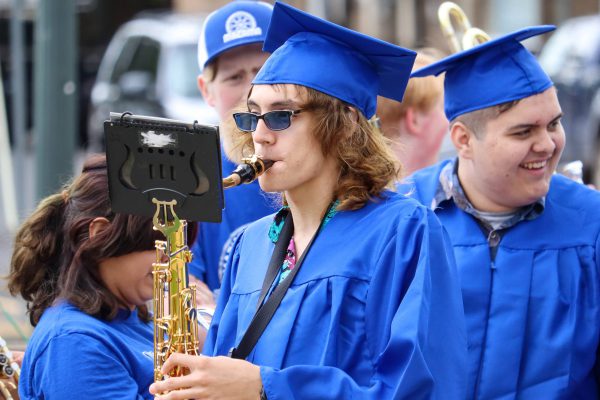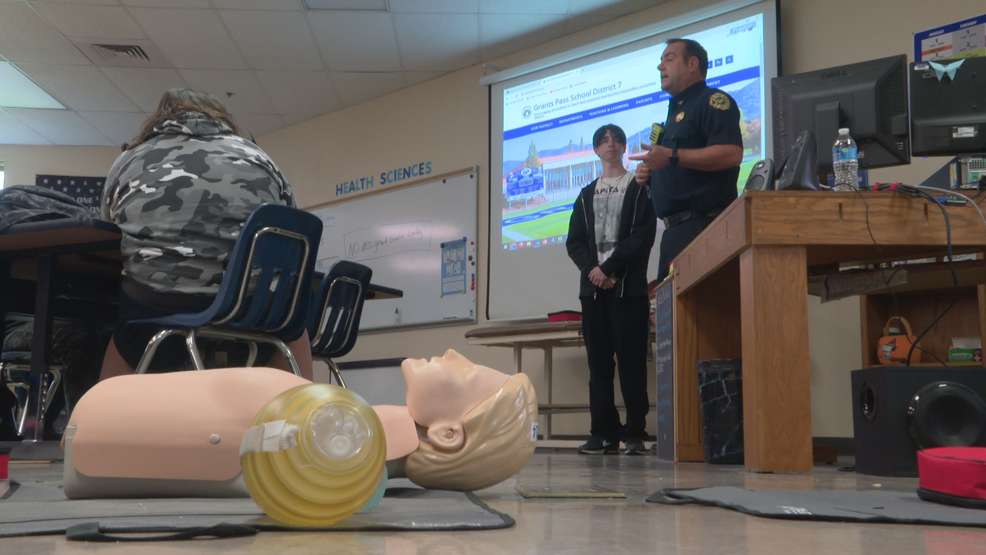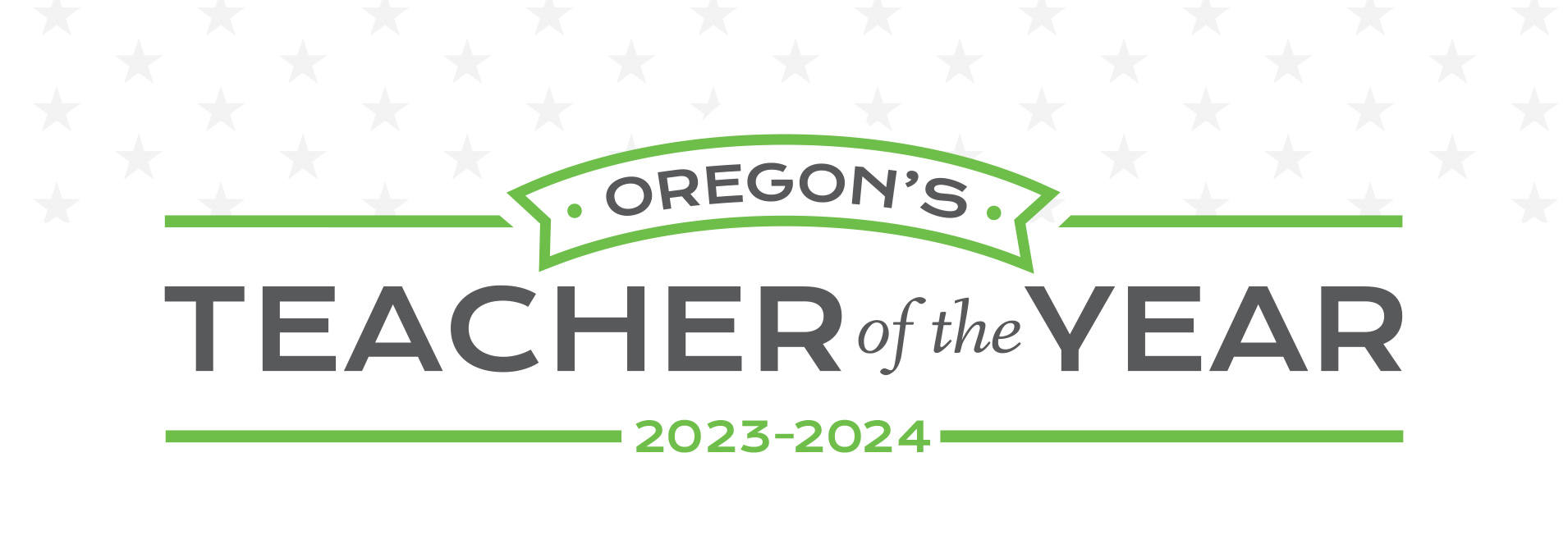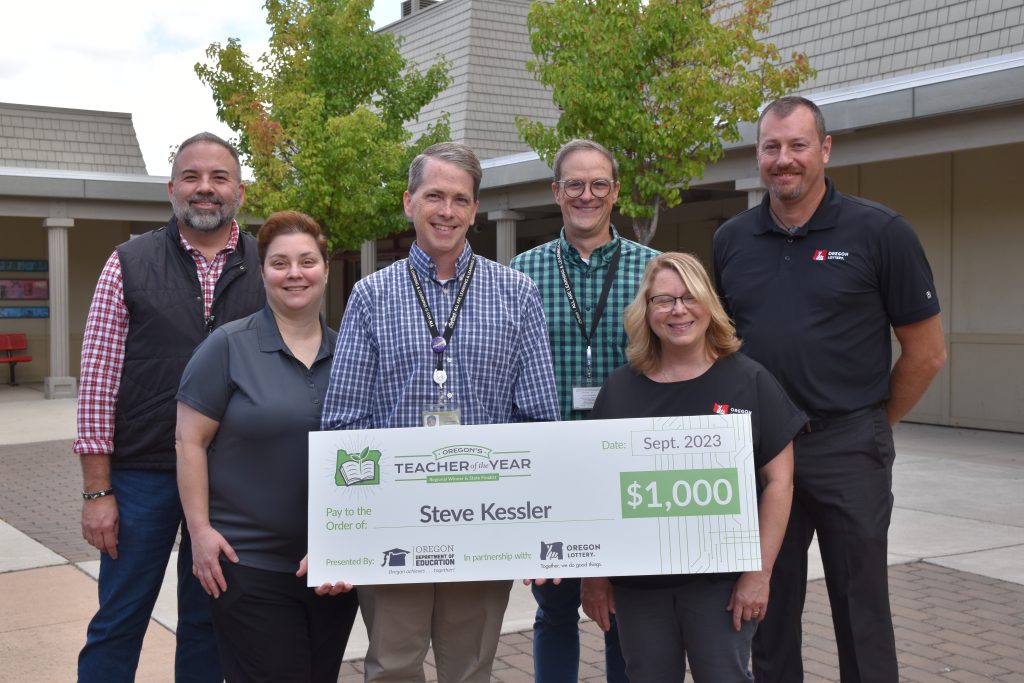
On behalf of the Oregon Department of Education and the Oregon Lottery, Southern Oregon Education Service District (SOESD) is proud to announce the selection of Steve Kessler, Director of Bands at North Medford High School, as a 2023-24 Oregon Regional Teacher of the Year. Kessler was honored Wednesday in his band classroom while students cheered him on. He was awarded a check for $1000 from the Oregon Lottery.
SOESD convened a virtual Blue-Ribbon Panel made up of diverse and unbiased panel members who represented the geographic region of Jackson, Josephine, and Klamath counties. The panel, who reviewed many applications from a larger set of nominations, found that Kessler had the highest average rubric score of all candidates. The panelists made these observations during their deliberations:
- Steve is inclusive, seeks student voice, and is very encouraging and motivating.
- Steve sees band as “family” and articulates a commitment to all students.
- Steve makes attempts to connect his students to composers for real-world connections.
- Steve is very involved at the regional and national level, giving his students opportunities to be visible.
- Steve has a keen awareness of social justice, and the role music plays in social justice.
- Steve develops opportunities for his students (versus taking advantage of opportunities that become available).
- The scope of Steve’s work extends far beyond the classroom.
The Oregon Teacher of the Year Program started in 1955 and is managed by the Oregon Department of Education. Anyone can nominate a candidate for the recognition, but teachers may not nominate themselves. Once selected, the Oregon Teacher of the Year is also a candidate to apply for the National Teacher of the Year recognition. The selected teacher serves as the face and voice of exemplary educators across the state of Oregon and engages and inspires other teachers and community leaders as a representative of the profession.
Oregon Department of Education chose in 2018-19 to expand the selection process for the nominees. The goal of the expansion is to honor teachers in every region of the state. Education Service Districts across Oregon reviewed applications submitted from their geographic region and facilitated a Blue-Ribbon Panel and review process to identify winners in their regions.
SOESD is proud of the amazing teachers in our three-county region, exemplified by Kessler, who are focused on quality teaching, learning, and student achievement.

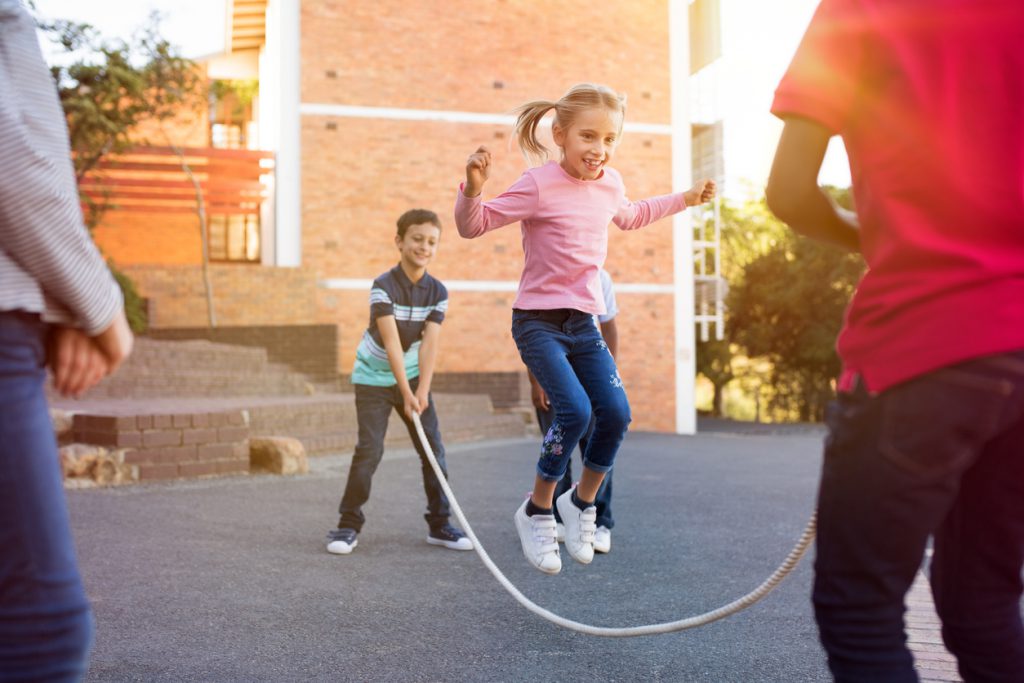



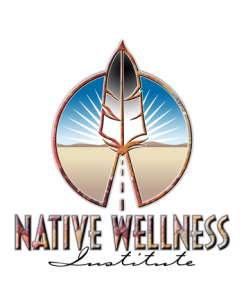
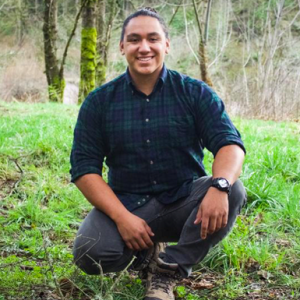 Josh is from the Kiowa, or Ka’igwu people in Oklahoma, and the kingdom of Tonga in the South Pacific. He is a certified outdoor instructor and facilitator, with an associate’s degree from Whitireia Polytechnic in Wellington, New Zealand. He has traveled extensively in the South Pacific for work and service including: Papua New Guinea, Tonga, and Australia. Most recently he has worked in the Tonto National Forest in Arizona as a trail walker, coordinator, and trainer for an outdoor behavioral healthcare foundation. From the age of 14, Josh was given a position in a military society of his tribe, and trained as a youth leader to preserve and share traditional knowledge with his generation. He seeks to honor and share that knowledge with everyone. “My hope is that I can help reintroduce people from all walks of life to our First Mother in all her wisdom and beauty. I hope to inspire healing, harmony, and connection through the use and passing of traditional skills in the outdoors.”
Josh is from the Kiowa, or Ka’igwu people in Oklahoma, and the kingdom of Tonga in the South Pacific. He is a certified outdoor instructor and facilitator, with an associate’s degree from Whitireia Polytechnic in Wellington, New Zealand. He has traveled extensively in the South Pacific for work and service including: Papua New Guinea, Tonga, and Australia. Most recently he has worked in the Tonto National Forest in Arizona as a trail walker, coordinator, and trainer for an outdoor behavioral healthcare foundation. From the age of 14, Josh was given a position in a military society of his tribe, and trained as a youth leader to preserve and share traditional knowledge with his generation. He seeks to honor and share that knowledge with everyone. “My hope is that I can help reintroduce people from all walks of life to our First Mother in all her wisdom and beauty. I hope to inspire healing, harmony, and connection through the use and passing of traditional skills in the outdoors.”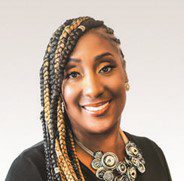
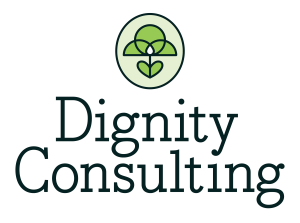
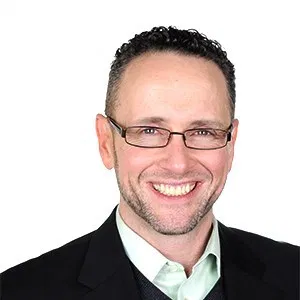
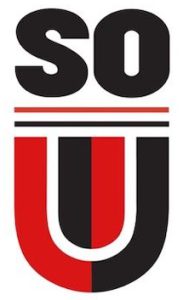 Special announcement!
Special announcement!